An interview with Bishop Giuseppe Andrich of the Diocese of Belluno-Feltre.
You were born at Canale d’Agordo, the hometown of the man who was to become Pope for one month in 1978 with the name of John Paul I. When did you meet Albino Luciani?
Monsignor Giuseppe Andrich: I had heard about him before meeting him. In town people were saying: “Father Albino did this, Father Albino said that,” etc. As a young priest he had a special hold on people, his words and actions being very authoritative. When I was an altar server I met Father Albino at church. He arrived early, prayed and celebrated Mass. There is a detail I remember about him: in his sermons he liked to make reference to the sculptures and paintings in the church. Father Luciani was also my teacher: at the seminary of Belluno he taught several subjects, among which was art history, an interest which he cultivated with great passion.
How long did Father Luciani stay at Canale d’Agordo?
Andrich: He stayed there until the end of 1935; soon after being ordained he served as a parochial vicar for some months. Then he served in the parish church of Agordo in the same capacity. After that he was both teacher and educator at the seminary of Belluno. He came to Canale d’Agordo on holiday and to visit his family. Once he stayed there longer than usual, being convalescent. He became bishop of Vittorio Veneto at the end of 1958, that is, the year of John XXIII’s election. It was the new Pope who chose him and who consecrated him personally in Saint Peter’s. That was the occasion of my first visit to Rome.
Did you keep in touch with Monsignor Luciani?
Andrich: I could meet him when he returned to our hometown. He sent me a greeting card when I was ordained. I met him again when studying in Rome; I visited him when he participated in bishops’ meetings; on these occasions he would ask me about my studies. When I paid him a visit with a delegation after his election as Pope, he addressed me with great affection.
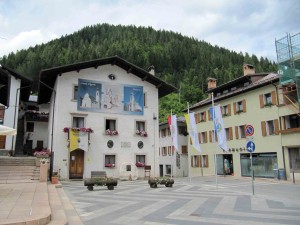
The priest’s house at Canale d’Agordo.
We are all educated in our family and the milieu where we are born and grow up. How did Albino Luciani grow up among the valley dwellers of the Dolomites?
Andrich: He grew up learning hard work, learning great lessons from his father, who had emigrated (in the letters which he sent to Albino he expressed his concern about his son becoming a priest close to the poor, to workers and emigrants). We must bear in mind that the First World War broke out soon after Albino Luciani was born; then came 1917, the year of the famine, then the years of men’s emigration.
Being alone at home for many months, women had to look after their children and the cattle in addition to working in the fields. Albino’s mother was also his first catechist. Let us remember that those were years of poverty and hard work, but of solidarity as well. Even Albino as a boy went up in the mountains to scythe grass which, once dried, was taken down to the valley on a sledge. Somebody told me that climbing up the mountain Albino read a book while drawing the sledge – this report might be a bit exaggerated, but he was very fond of reading. I must say that Canale d’Agordo was lucky enough to have had a pastor who set up a cooperative dairy (the first one in Italy) and some lending libraries for the education of the faithful. This promotion of Christian learning no doubt affected the faith, culture and thinking of all the townsfolk, the young Albino included. A distinctive feature of that period was the opposition between believers and anticlerical socialists.
Was the election of Albino Luciani as Pope expected in Italy?
Andrich: When Paul VI died, Cardinal Luciani was the Patriarch of Venice.
In the 20th century, some Patriarchs of Venice, like Pius X and John XXIII, became Popes.
Andrich: Yes, but the papers did not refer to Cardinal Luciani as eligible to the papacy.
Because media attention was focused on Siri and Benelli …
Andrich: But when I visited the homes of my faithful, some of them spoke of him as a hopeful, because Luciani was no doubt a man of great human qualities and intellectual depth, a brilliant talker: men who are able to dialogue and listen to others are hard to find.
His 33-day pontificate was so short that he could not do great things; also, he was elected in summer, when the work of the Curia slows down. Hence the definition of John Paul I as “the smiling Pope,” which was very partial, as his personality could not be reduced to his smile. So could you tell me: what would John Paul I’s pontificate have been like, had he lived longer?
Andrich: It would have been a strong pontificate of a markedly spiritual character. In his inaugural speech he said: “We need to promote discipline in the Church,” which meant that the basis of the Church’s life was to be preserved through discipline and that the Church’s mission was to announce the Gospel. John Paul I would have been an indefatigable worker, as he had been throughout his life. When I spoke to a prelate of the Curia, he told me that in 33 days the Pope had gotten through lots of files which had been shelved by Paul VI before the latter’s death. He did not live long enough to write an encyclical, but his speeches and homilies spoke to the hearts and minds of those who listened to them.
So we must debunk the myth of a Pope with a simplistic attitude, a mild and simple man unfamiliar with the workings of the Curia?
Andrich: Definitely. I would like to point out that Albino Luciani was a first-class theologian and a man of great learning. Throughout his priestly life he taught several subjects and read a great deal, had a powerful memory and systematically jotted down anything he thought and learned.
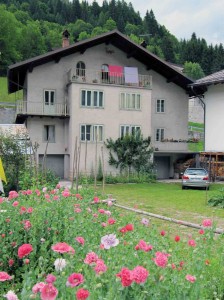
The house where Albino Luciani was born on October 17, 1912.
Your Excellency, how do you feel about being the bishop of a diocese with a Pope’s hometown?
Andrich: I wouldn’t like people’s visiting Canale d’Agordo to shrink to mere “religious tourism.” I would like the initiative of the pastor and his collaborators to be developed, i.e., pilgrims who visit the parish church to be received and helped to discover the richness of this person, the exemplariness of a man, priest and pastor, and his teachings to be known.
Is there an anthology of Albino Luciani’s teachings?
Andrich: His complete works were published in nine volumes many years ago; now they have to be integrated and analyzed according to historic and scientific criteria.
At what point is the beatification cause?
Andrich: There is a miracle recognized during the diocesan phase of the cause. The Positio which will lead to the declaration of heroism of virtues is in preparation. The present postulator of the cause is the rector of the Lateran University, Monsignor Enrico dal Covolo, with whom we went to Benedict XVI’s audience last year. The Pope declared himself an admirer of John Paul I and convinced of his sainthood. We therefore trust that John Paul I will be beatified in a few years’ time.



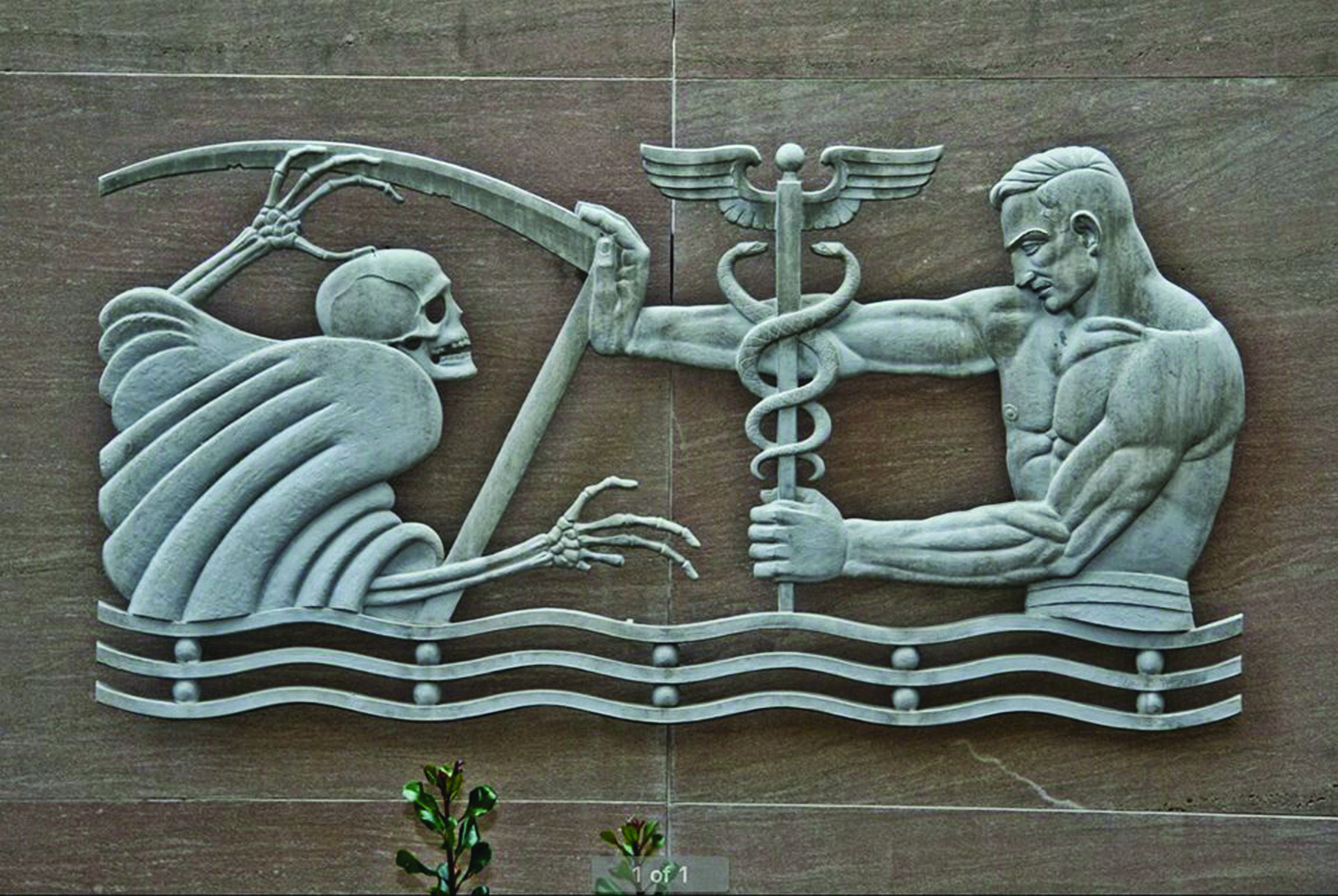
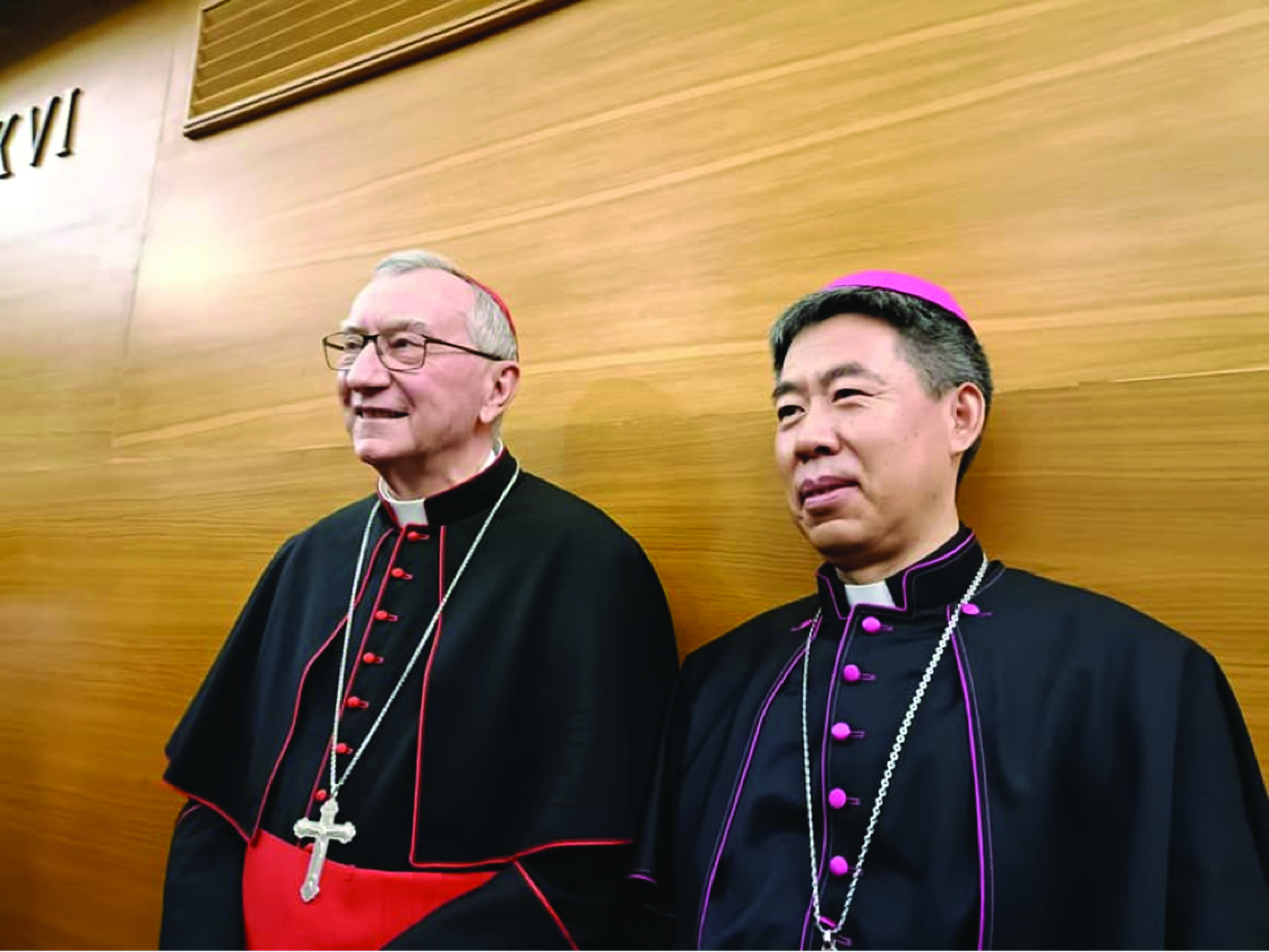
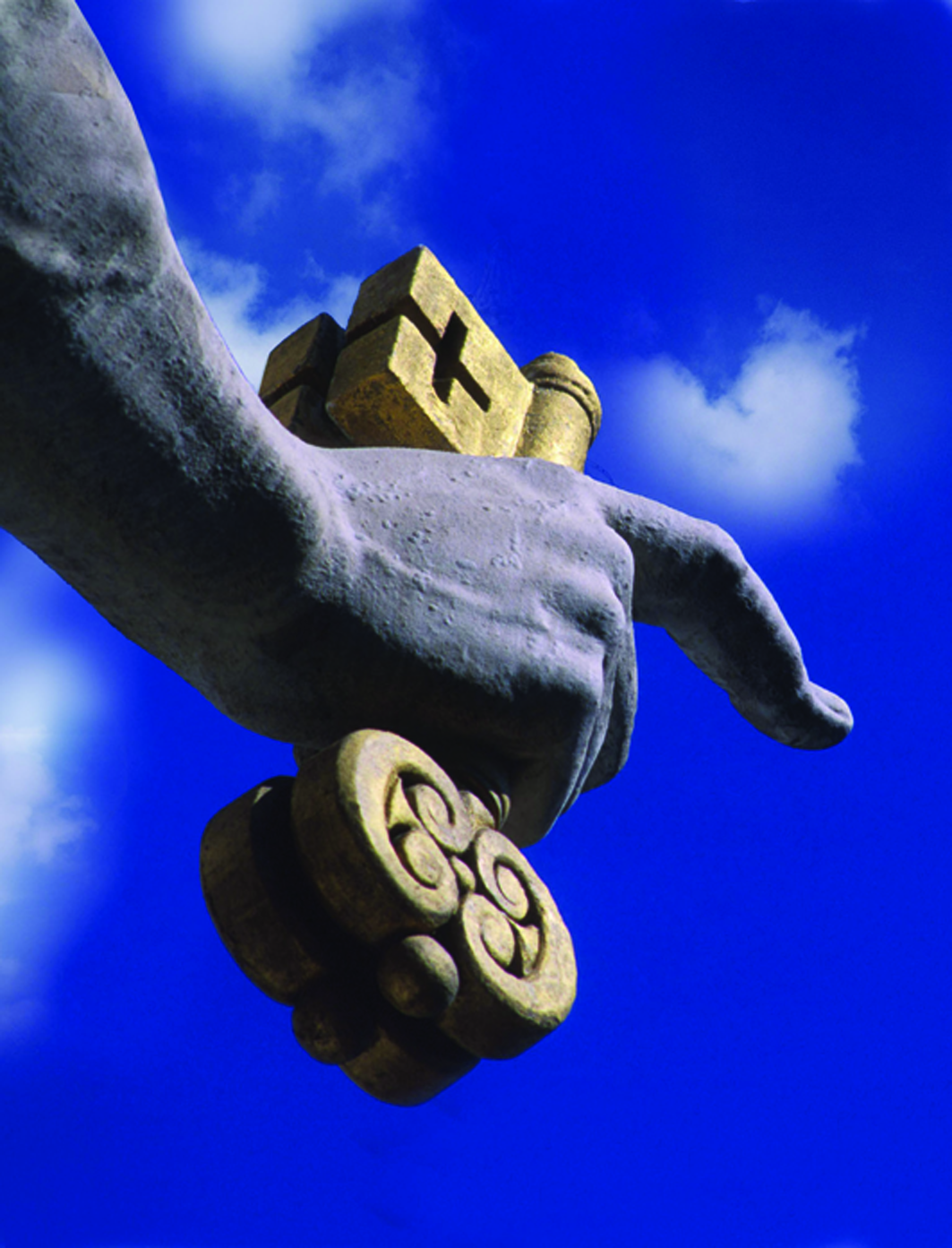
Facebook Comments